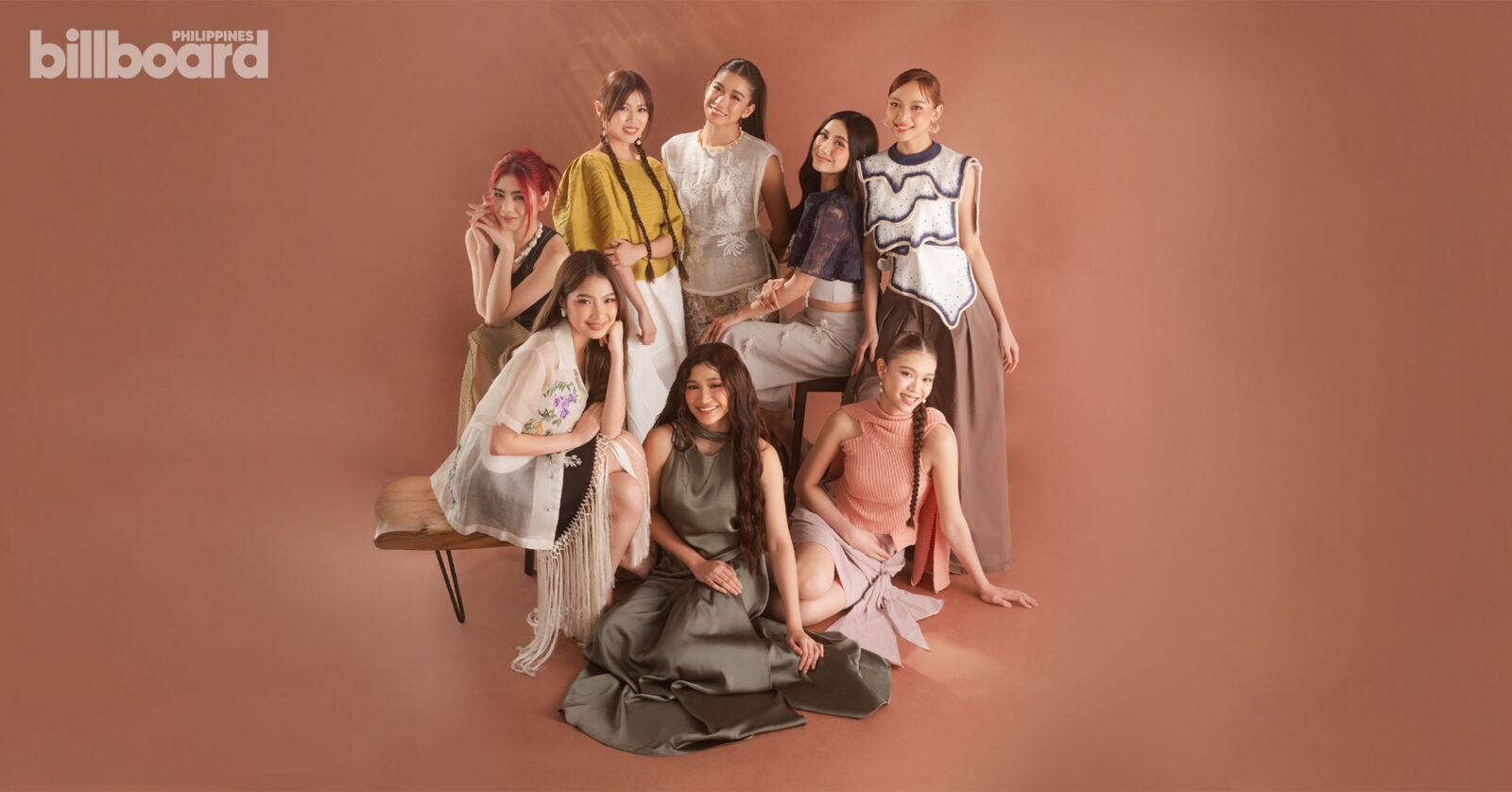BINI On Top: Life As The Philippines’ No. 1 Artist
This is the year of BINI.

There lies an immense honor in the title, ‘The Nation’s Girl Group.’ In South Korea, K-pop juggernauts like SM Entertainment’s Girls Generation and JYP Entertainment’s TWICE have carried the distinguished title on their mantle throughout the years, speaking volumes about their resonance and lasting influence on their respective nations as time goes by. Yet in the Philippines, only one group has been given the honorary title throughout the Philippines’ rich musical history –– and it belongs to ABS-CBN's eight-piece girl group BINI. Their name, inspired by the Filipino word binibini (which means "young lady"), catches on to you in a near-instant. Though, their name is made more memorable by the vibrant cast of talented ladies it’s comprised of, which includes the group’s leader Jhoanna, and members Aiah, Stacey, Colet, Sheena, Maloi, Gwen, and Mikha. Brought together by ABS-CBN’s Star Hunt Academy program, the members of this all-Filipino P-pop group have spent..
This content is available to our subscribers. Subscribe now to access premium stories and e-magazine library.
